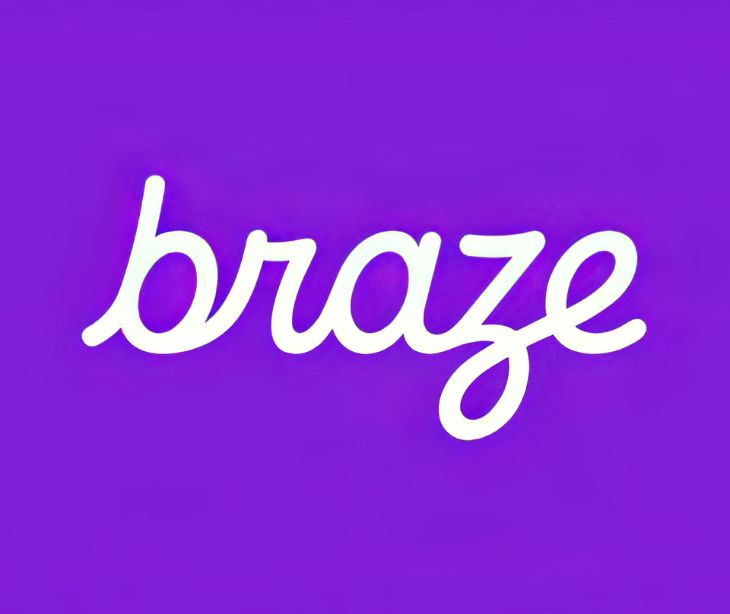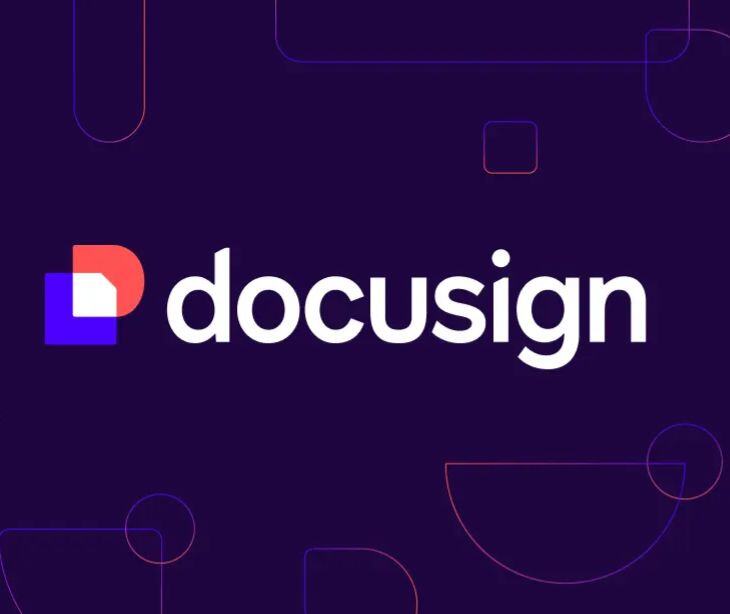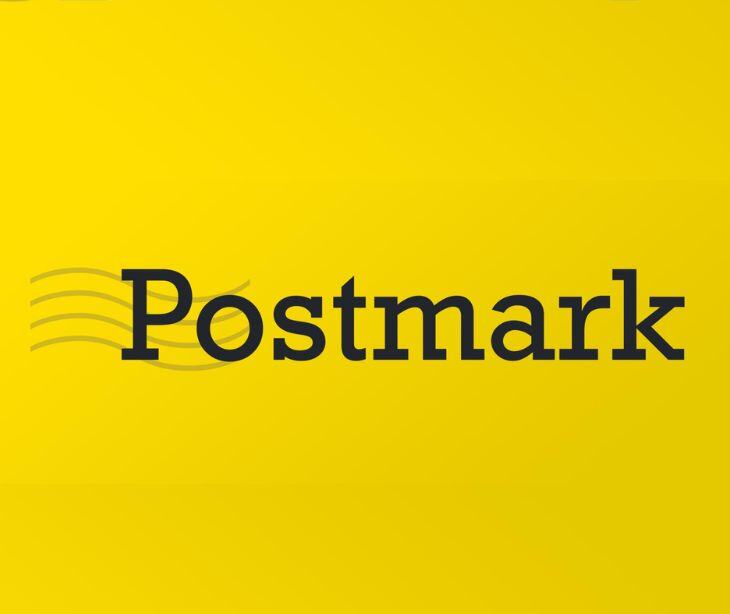
Braze is a customer engagement platform that enables companies to create and deliver personalized messaging and experiences to their customers across a range of channels, including email, mobile push notifications, SMS, and in-app messaging.
With Braze, companies can orchestrate and automate customer interactions while also providing insights and analytics to help them understand and optimize their customer engagement strategies.
Is Braze HIPAA compliant? Yes, Braze can be HIPAA compliant, but there are limitations.
Will Braze sign a business associate agreement (BAA)?
Yes, Braze will sign a business associate agreement, which can be reviewed here.
What does the Braze BAA cover?
The Braze BAA covers the use and disclosure of protected health information (PHI), stating, "Notwithstanding the inclusion of PHI in the definition of Restricted Information in the Agreement, Customer may submit Protected Health Information to the Braze Services when done pursuant to this BAA."
Their BAA covers:
- Protection of PHI
- Notifications of security incidents
- Access by HHS requests
- Individual Right of Access requests
- Individual accounting requests
- Return of PHI
What does the Braze BAA exclude?
Braze limits the type of PHI that can be used on their platform to exclude medical records, and medical images. Furthermore, Braze users may not use their platform for any part of patient treatment.
Their terms say, "... Braze Services shall be used exclusively for engagement, retention, customer relationship management, and marketing purposes, and is not intended to be relied upon as part of patient treatment."
This is a significant limitation when it comes to patient engagement and appears to exclude common email marketing use cases such as personalized outreach, health-related services, test results, treatment adherence campaigns, prescription refill reminders, etc.
The Braze terms go on to state, "Customer shall not send any Messages through the Braze Services that contain diagnoses, test results or similar sensitive medical information, and Braze disclaims any liability for violations of HIPAA arising from Customer's use of the Braze Services to send Messages containing such medical information."
Conclusion
Braze can be HIPAA compliant, but its business associate agreement does not cover many everyday healthcare communication cases.
Learn more: HIPAA Compliant Email: The Definitive Guide
FAQs
What is a business associate agreement?
A business associate agreement (BAA) is a legally binding contract establishing a relationship between a covered entity under the Health Insurance Portability and Accountability Act (HIPAA) and its business associates. The purpose of this agreement is to ensure the proper protection of personal health information (PHI) as required by HIPAA regulations.
What is HIPAA?
The Health Insurance Portability and Accountability Act (HIPAA) sets national standards for protecting the privacy and security of certain health information, known as protected health information (PHI).
HIPAA is designed to protect the privacy and security of individuals’ health information and to ensure that healthcare providers and insurers can securely exchange electronic health information. Violations of HIPAA can result in significant fines and penalties for covered entities.
Who does HIPAA apply to?
HIPAA applies to covered entities, which include healthcare providers, health plans, and healthcare clearinghouses. It also applies to business associates of these covered entities. These are entities that perform certain functions or activities on behalf of the covered entity.
Subscribe to Paubox Weekly
Every Friday we'll bring you the most important news from Paubox. Our aim is to make you smarter, faster.




